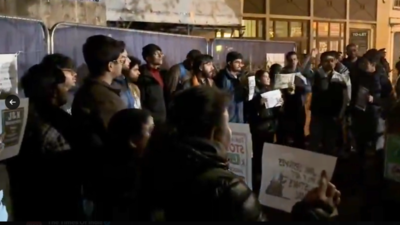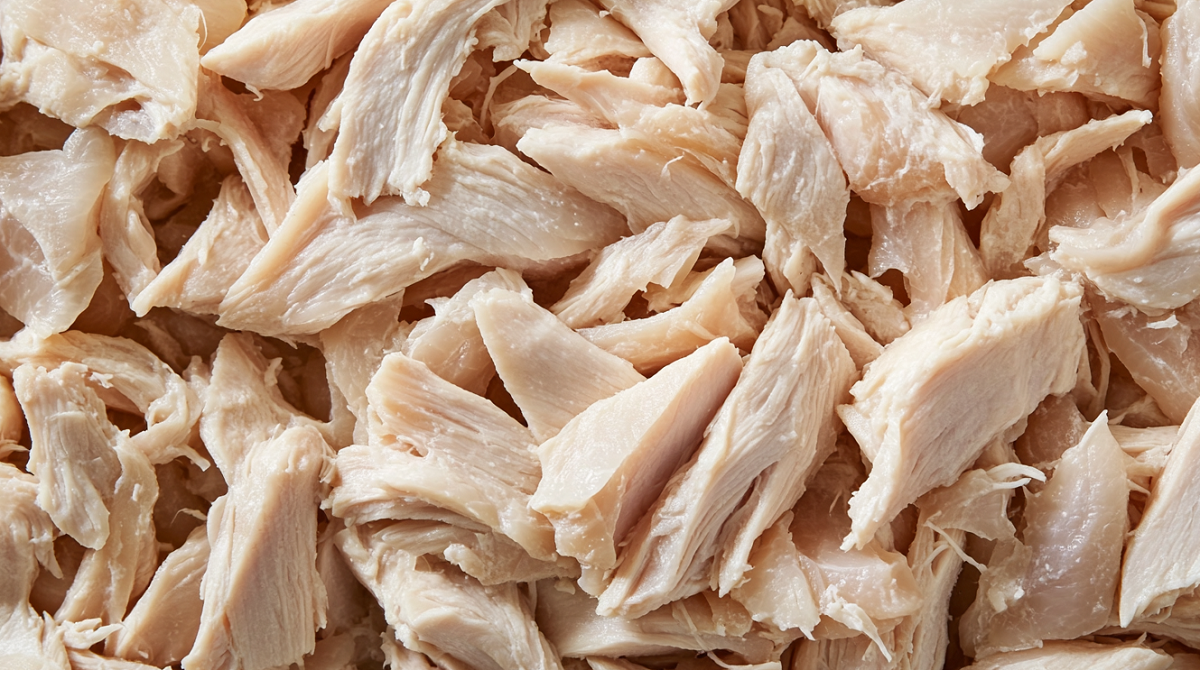When you interview a chef, chances are you’ll come out of it with useful tips for the kitchen. A new recipe, a must-try restaurant, a versatile ingredient. And while I did check those boxes during my chat with Barbara Sibley, I also managed to squeeze out some very powerful relationship advice.
Of course, my primary intention was to talk about food. After all, Barbara is an award-winning chef, co-author of a cookbook, and owner of East Village gem La Palapa Cocina Mexicana , going on its 25th year in business. But I quickly realized that Barbara’s not just about the ingredients — though she’s got a lot to say about them too — but more about the deeper connection food has to culture and identity.
Barbara Sibley is first and foremost an artist, both culinary and visual. Born and raised in Mexico City, her first job was as a receptionist in a factory. “I hated it,” she reflects, adding that there was, however, one perk of the position.
Every afternoon, ladies from the neighborhood would walk by selling tacos de canasta. “Even then, food was the highlight!” Barbara laughs. Not long after, Barbara moved to Michigan for school.
The culture shock was visceral. In lieu of dancing at parties, her classmates would drink to inebriation. Instead of sitting around a table after dinner conversing, an act so common in Latin America that it has its own word — sobremesa — friends would immediately rise and move to the T.
V. “It was so removed from what I was used to,” she says. “My childhood was very Mexican, definitely not North American.
” Just as Barbara didn’t understand the United States, her classmates didn’t understand Mexico. “Do you go to school on a donkey?” she remembers being asked. The disconnect between the two cultures became more apparent as a budding chef.
Addressing the general naivete amongst Americans when it came to Mexican food became part of her daily tasks. “All my menus were educational exercises and I had to pay close attention to how I wrote them,” she says. She would include detailed descriptions of each plate.
If she didn’t, patrons would simply order the only thing they knew how to pronounce: enchiladas. Today, Mexican food is one of the most popular cuisines worldwide, and we’re not talking Chili’s Classic Nachos. The authentic menu at La Palapa Cocina Mexicana has everything from street cart-style jicama to the Yucatán staple cochinita pibil, influenced not only by Barbara’s childhood, but also by her dedicated research.
She spent years collecting traditional, rare and pre-Colombian Mexican recipes, and studying the notes and style of Diana Kennedy , the world-famous British food writer. Kennedy authored nine books on Mexican cooking, including “The Art of Mexican Cooking” and “Oaxaca al Gusto: An Infinite Gastronomy.” Here’s what Barbara had to say about her journey from Mexico’s vibrant capital to the Big Apple, her favorite flavors, and what she really misses — and doesn’t miss — about Mexico.
Ask Barbara what she’d never give up in the kitchen, and the answer is quick: arbol chilis. For her, these tiny, spicy peppers pack a punch, and they’re a key player in the symphony that is Mexican cuisine. A cuisine that, for better or for worse, has been replicated with gusto across the United States.
From Tex-Mex to tacos, Barbara loves it all. “I could never get bored of the traditional. Every single time you make a mole, it’s different,” she says.
That’s because it’s never about the dish itself, but how it’s made. The simpler it is, the more authentic it tastes, and you can practically hear the love in her voice when she talks about giving her favorite bites, like humble huauzontles , the care they deserve. It’s no secret that U.
S. citizens are flocking to Mexico by the thousands, and Barbara has some thoughts on the matter. Having spent decades in New York City, doing her part to bridge the cultural gap between the U.
S. and Mexico through the art of cuisine, she’s noticed a thing or two. There are clear differences between Mexico and the U.
S., particularly when it comes to art and self-expression. “In Mexico, it’s cool to be both an architect and a painter, or a bureaucrat and a poet.
There’s room to be multiple things at once.” As a chef, a business owner and a painter, she quickly realized that in the U.S.
, mixing roles, especially in the arts, makes it harder to be taken seriously. Perhaps that has to do with each country’s emphasis on the arts. Mexico spends about 0.
07 percent of its federal budget on culture and the arts. The U.S.
allocates only 0.002 percent. In Mexico, “people enjoy art,” she says, and that cultural support is something she believes U.
S. artists living in Mexico could benefit from. Barbara’s love for her homeland runs deep.
“I miss the people the most,” she says. Most of her family and friends still reside in CDMX. But it’s more than Sunday dinners with parents and aunts and uncles and cousins: it’s the people you encounter at the flower stand on the corner or the local lonchería.
There’s a type of kindness and friendliness amongst Mexicans that’s hard to replicate anywhere else. While her heart longs for the warmth of those daily encounters, there’s one thing Barbara doesn’t miss at all: the traffic. “It’s changed the city,” she says, noting how it’s become nearly impossible to have friends scattered across different parts of town.
I mean, really, who’s going to Santa Fe from Condesa for a Thursday happy hour? Not me, thanks. Barbara has a vision: a street cart in the heart of Mexico City selling tamales. At least for now.
Tomorrow she might crave something different. For the moment, the successful chef is living and breathing tamales in her preparation for a pop-up tamal cart in New York’s Bryant Park. Through Jan.
5, she’ll be bundled up and dishing out homemade tamales stuffed with Oaxaca cheese and huitlacoche, as well as steaming cups of champurrado. It’s the kind of food that takes her right back home, no matter where she is. If there’s one thing most lovers of Mexican food can agree on, it’s that you can taste the care and attention that goes into cooking it.
Each bite explodes with juxtapositions: equal parts spicy and sweet, saucy yet dense. And while the flavors are complex, the dish is somehow simple. The taste isn’t manipulated as much as it’s amplified.
To succeed in contrast, there’s one thing you’ve got to do with each ingredient: give it love and let it be itself. Barbara’s reflections on her culinary journey emphasize the power of food as a bridge to understanding cultures. Whether it’s a tamal from a street vendor or a rich mole passed down through generations, food connects us all.
And for Barbara, it’s that relationship between food, culture and identity that continues to inspire her, both in and out of the kitchen. Bethany Platanella is a travel planner and lifestyle writer based in Mexico City. She lives for the dopamine hit that comes directly after booking a plane ticket, exploring local markets, practicing yoga and munching on fresh tortillas.
Sign up to receive her Sunday Love Letters to your inbox, peruse her blog , or follow her on Instagram ..
Food
A Mexican chef in New York: An interview with Barbara Sibley
Born and raised in Mexico City, chef Barbara Sibley's East Village restaurant La Palapa has become a New York institution.The post A Mexican chef in New York: An interview with Barbara Sibley appeared first on Mexico News Daily














